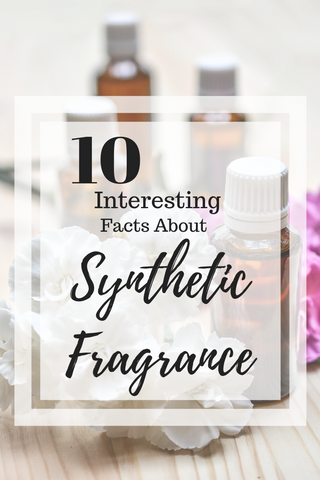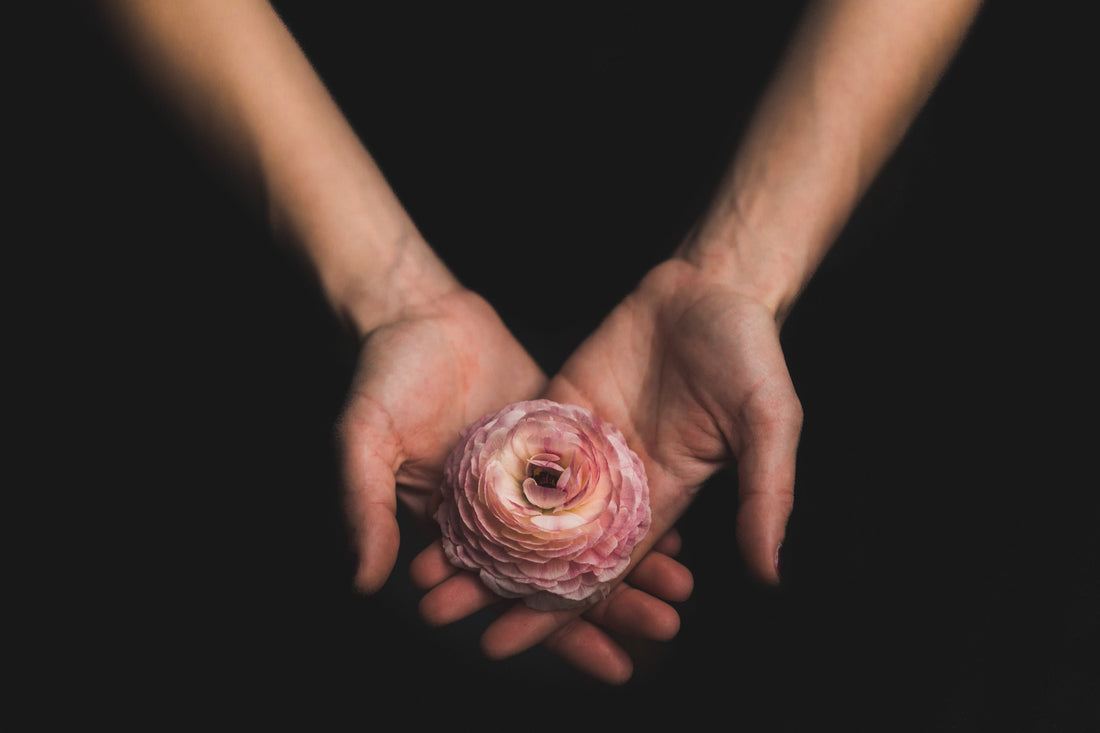The best pecan pie you've ever smelled has just been pulled out of the oven. The aroma is so strong that you can't wait until it cools so that you can dig in. It's so easy to achieve the magnificent fragrance of delightful baked goods, such as hot buttered baguettes, toasted marshmallows, strawberry shortcake, and sugared vanilla shortbread, without baking a thing!
Chemical synthesis is what makes it possible to have all of those wonderful, fragrant simulations of the things that we love to smell. If you don't know much about synthetic fragrances, aside from the fantastic scents that they provide in your scented candles and crafted soap products, I'm going to share a few things with you about them.


Here Are 10 Interesting Facts About Synthetic Fragrances
- Synthetic fragrance oils are largely made of petrochemicals; however, other chemicals that are found in synthetic fragrance oils include benzene derivatives, aldehydes, and other chemicals.
- Synthetic fragrance oils do not have aromatherapy value. They're for fragrance only.
- Synthetic fragrance oils are cheaper to manufacture. The chemical process enables larger batches to be made, and they're inexpensive to produce. The result - a cheaper candle or soap product for you.
- Synthetic fragrance oils tend to last longer than natural oils.
- Candle and soap products are only comprised of approximately 2% or less synthetic fragrance oil.
- Synthetic oils give you a huge variety of scents and are more widely available than natural oils are.
- The Research Institute for Fragrance Materials evaluates the safety of fragrance ingredients and its safety.
- Fragrance oils take years to produce. It's a lengthy process involving many steps that take years to complete before the actual oil is marketed.
- Synthetic fragrances are rigorously tested for toxicity and allergens.
- Synthetic fragrances attribute to the communication of whether something is clean, fresh, and baking in the oven. These very fragrances have a direct impact on memory, as well as stimulate emotion.
How Synthetic Fragrances Affect Your Health
While questions regarding safety and health have been posed over the years, the International Fragrance Association works to promote creativity using fragrance products, and to help consumers understand the use of chemically engineered fragrances, as well as regulating and promoting the safe use of these fragrances.
More information regarding these regulations can be found here.
Are Synthetic Fragrances All The Same?
All fragrances are not created equal. In fact, they come in different forms and strengths, some more volatile than others. Even the bases of synthetic fragrances vary. Some synthetic bases are oil, others are powder, and yet others are alcohol based.
Each type of fragrance may be used to achieve very different results in very different end products. Perfume fragrances will be from an alcohol base, while oil based fragrances are more commonly used in candles and soaps.
How Synthetic Fragrances Are Made
Solvents are used to make powdered, chemically synthesized fragrances into liquid form and aid them in blending better with other ingredients used to engineer scents.
Some synthetic fragrances contain essential oils that are diluted using diluents to thin out the oils for better blending purposes, and to create a balanced fragrance oil. Synthetic fragrances can actually be a blend of both natural (plant and animal) as well as artificial fragrances that are blended creatively to engineer a unique concept.
Engineering these fragrances is not an easy job. In fact, there's a great process involved when producing these fabulous fragrances. Take a look at this video, by Jennifer Abril of IFRA, and hear how your favorite scents come about.


